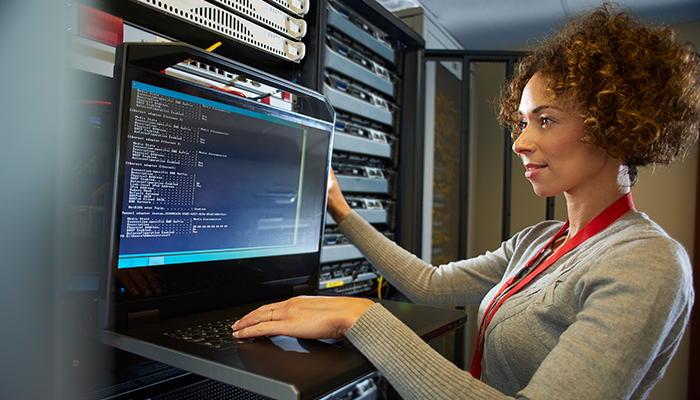
Migrating to Windows 10: Should you let go of your hardware
While you can purchase and install Windows 10 in your existing PCs–the ones currently on Windows 7 OS–it is not recommended. According to Microsoft, Windows 10 has the following minimum requirements- Processor: 1 gigahertz (GHz) or faster processor or SoC.
- RAM: 1 gigabyte (GB) for 32-bit or 2 GB for 64-bit.
- Hard disk space: 16 GB for 32-bit OS 20 GB for 64-bit OS.
- Graphics card: DirectX 9 or later with WDDM 1.0 driver.
- Display: 800x600
Windows 7 was one of the most loved, user-friendly and efficient versions of Windows. This switch sure won’t be easy. It also entails quite a bit of investment in terms of money, downtime and training. Reaching out to a Microsoft-licensed managed services provider (MSP) can help make this transition faster, more efficient and certainly, smoother.










